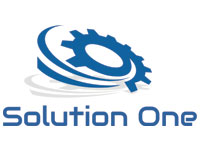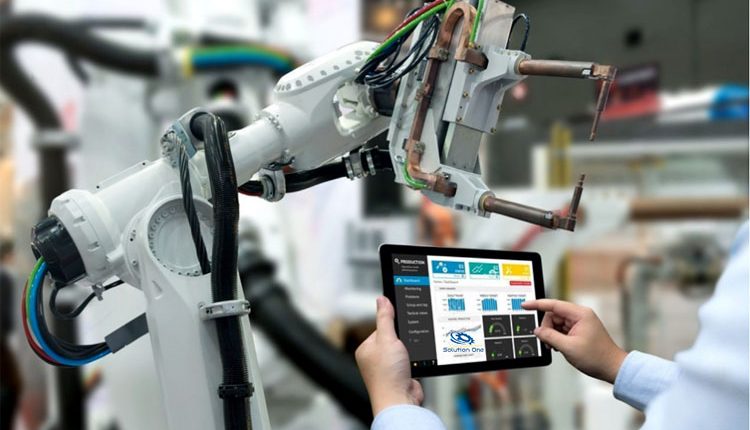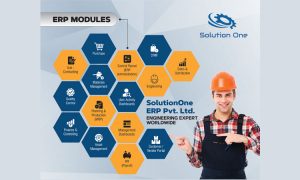 Enterprises nowadays strive to keep transforming their business processes in accordance with the fast-changing customer demands so as to survive the intense global competition.In current times, the ERP scenario in India is witnessing a swift growth. In order to survive in highly competitive business environments, companies have to continuously change their business.
Enterprises nowadays strive to keep transforming their business processes in accordance with the fast-changing customer demands so as to survive the intense global competition.In current times, the ERP scenario in India is witnessing a swift growth. In order to survive in highly competitive business environments, companies have to continuously change their business.
This study researched an ERP implementation project on one of our Machine manufacturing clients. In depth research was achieved by participating and observing in an implementation project at an actual Machine manufacturer.This client has a particularly complex, discrete manufacturing process. The products they sell vary based on order and are highly customizable based on customer needs.
Challenges
Following are some of the challenges in ERP implementation
- Bottlenecks caused in business processes due to ERP which significantly impactedcritical operations like dispatch of shipments to customers.
- Inability to get timely information about operations due to performance issues in ERP
- Inadequate controls leading to cash flow issues.
- Difficulty in meeting statutory compliances due to issues in ERP
Another challenge was integration of the pre-existing serial number business process with the implementation. Every finished product has an individual serial number. Controlling and profitability analysis need to integrate this serial number throughout the manufacturing process. Materials get assigned to serial numbers, and need to be reconciled. Finally, the serial number needs to be validated by the system prior to creating an outbound delivery.
The first step in implementing ERP software is to set a clear target. At the same time, the tasks of each department and the system of cooperation between departments were clearly defined.Business interruption on Go-Live was minimal, and within two weeks, the client teams had developed a new routine in their everyday business processes.

Having learned the lessons from the failure of their first ERP implementation, the company applies the theory of business process reengineering (BPR) to explore and rationalize the business processes, and design its project management practices to successfully carry out its second ERP implementation. The post-implementation phase started in August 2017. The training and users’ acceptance of the project in this phase are critical factors for the project’s success, being related to building and maintaining the alignment between people, process and ERP.
First our team engaged with the executive leadership team of Solid Automation Technology India Company to define a roadmap that supports organization’s growth strategy. Meetings were held with top leadership to gain a clear understanding of their business processes and challenges, which were analysed during the blueprint design that would guide the team’s work.
![SolutionOne ERP is one of the most trusted partners for our business]() How we helped
How we helped
Recommended changes in the way master data was setup in older instance to accurately reflect the business & operations hierarchy in the ERP.
Provided training to all concerned users department-wise according to their roles and responsibilities.
Recommended changes in the business processes to remove redundancy, and to align with usage of the ERP in an efficient way.
Visit : https://solutionerp.co/



 How we helped
How we helped